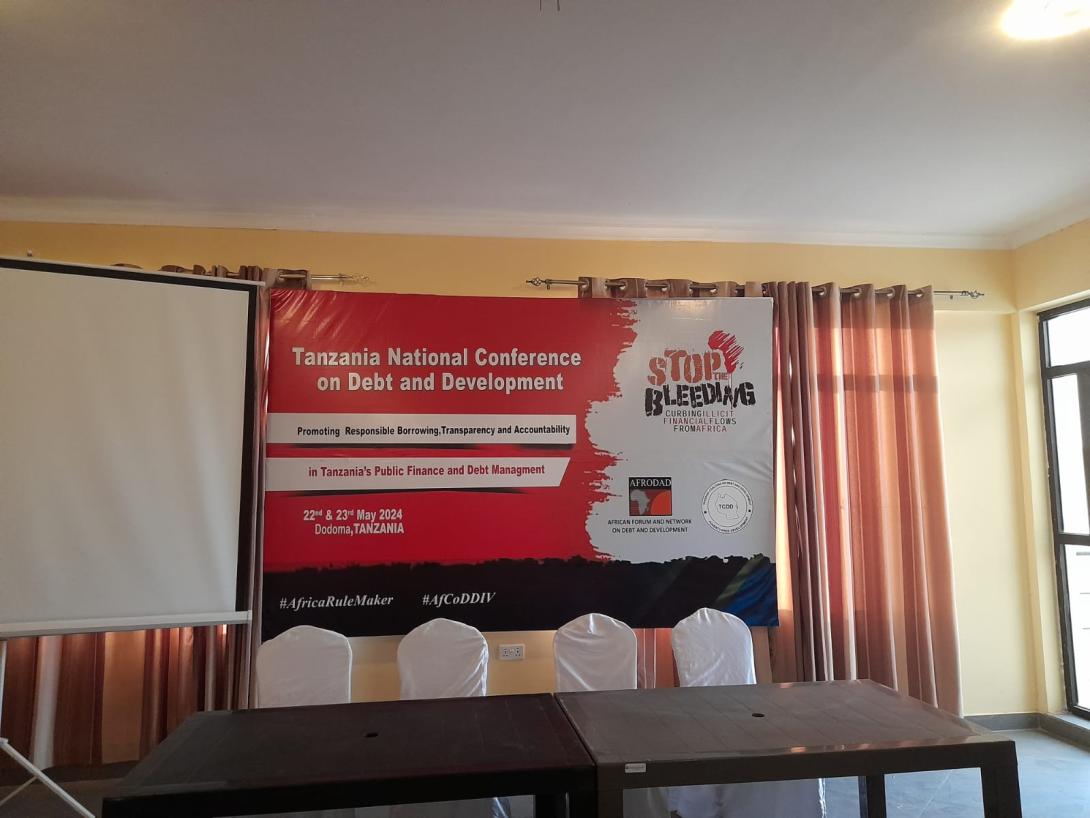Public debt is rapidly rising in Tanzania and the country has moved from low risk to moderate risk countries. According to CAG report (Presented on 28th March 2024) as of June 30th, 2023, the National debt amounted to $32 billion which is equal to an increase of 15% from $ 27 billion for the year 2021/2022. The debt includes domestic debt of $11 billion and external debt $20 billion. Though the report shows that the debt remains sustainable, its risks remain constant to service delivery obligations, especially to the poor and most vulnerable Tanzanians.
It is also worth noting that the country’s inflation increased to 4.7 percent in 2023 from 4.3 percent in the year 2022 due to higher food and energy prices. As a result, the fiscal deficit kept widening to 3.5 percent of GDP in 2023 and 2024 due to higher spending on infrastructure, financed by domestic and external borrowing. The current account deficit narrowed to 4.8 percent of GDP in 2023 and is projected to keep narrowing to at least 4.4 percent in 2024 due to higher merchandise exports and tourism receipts which is majorly financed by external borrowing.
It is a bit worrying that instead of financing development blueprints of Tanzania to achieve Africa Agenda 2063, in the fiscal year 2023–2024, the Tanzanian government has set aside a staggering $4.4 billion to pay down the country's debt. The sum represents a 15% increase over $3.8 billion that the Parliament had previously approved for paying the loans that the government had obtained in the fiscal year ending 2022–2023 from a variety of sources.
The rising debt levels in Tanzania and Africa, including its negative effects on people, has led to a new debt movement through the Stop the Bleeding campaign (STB) that is pushing for greater responsibility in borrowing and lending, and stronger transparency, accountability, and good governance. It also demands for Africa’s rightful place within the global community as a Rule Maker and Not a rule taker. The campaign seeks to address power imbalances between people and their governments, borrowers and creditors as well as the inequality and unfairness rooted in the global financial system which continues to push Africa in deeper debt and poverty.
It is against this background that the African Forum and Network on Debt and Development (AFRODAD) in partnership with the Tanzania Coalition on Debt and Development (TCDD) are hosting a national advocacy meeting the (AFRODAD) on 22 May 2024, to facilitate a multi-stakeholder policy dialogue on debt and public finance management in Tanzania, aimed at creating an enabling policy environment for prudent public debt management.
Read more in the concept note.

